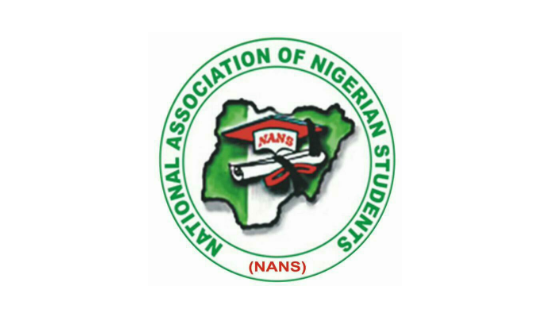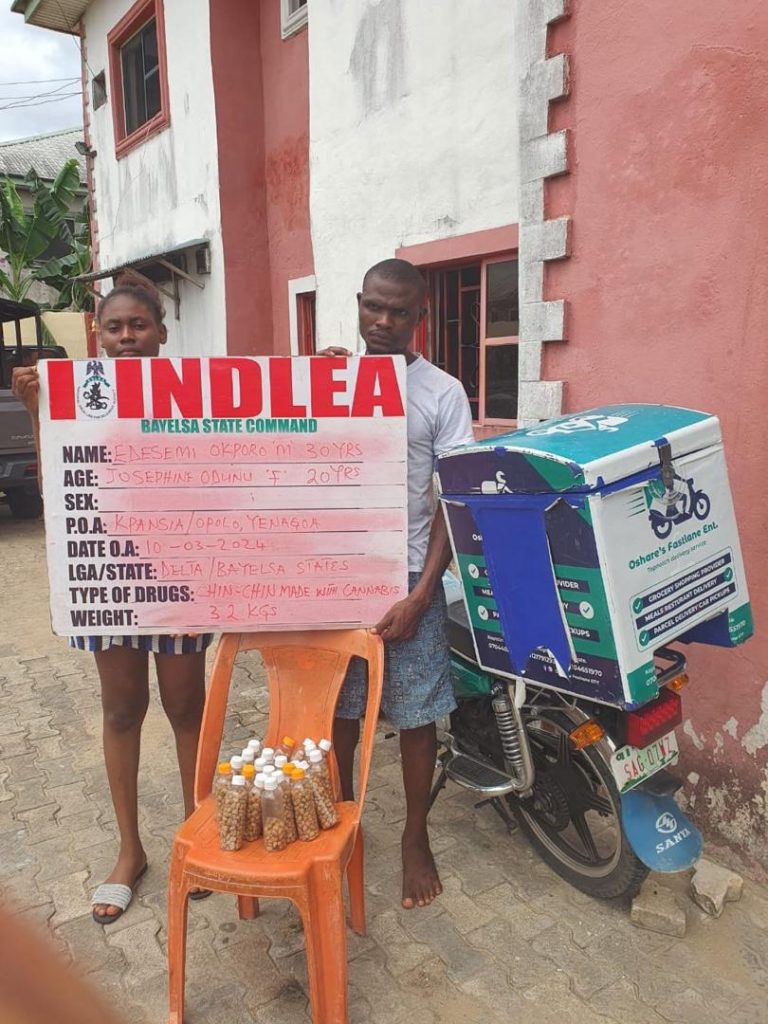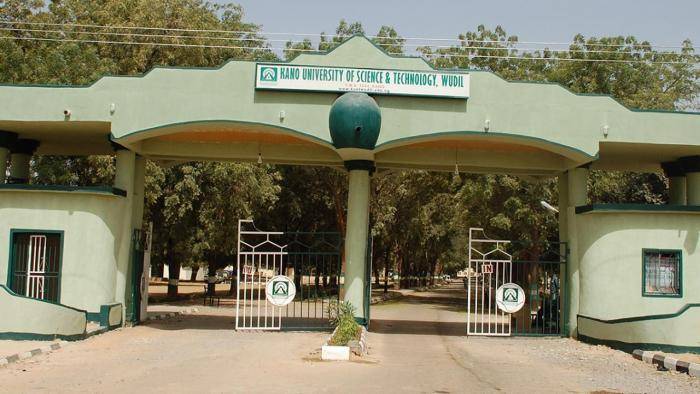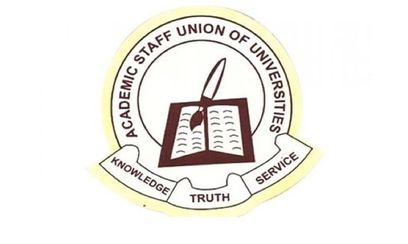Education Minister Approves Drug Testing Policy for Tertiary Students
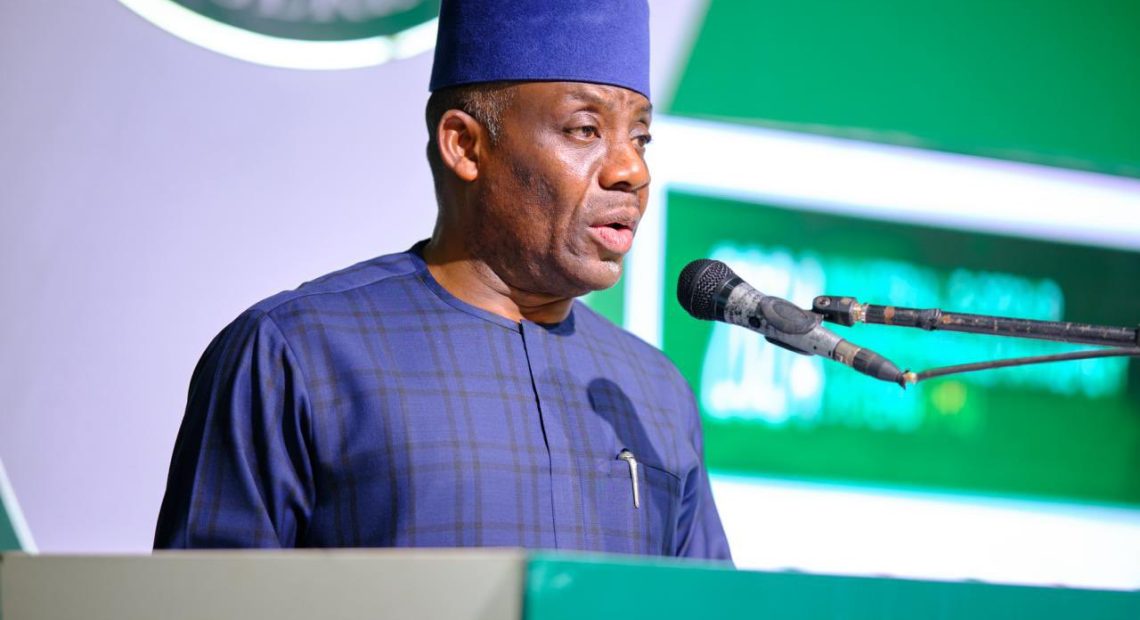

The Minister of Education, Dr. Tunji Alausa, has endorsed the implementation of mandatory and random drug integrity tests for students in tertiary institutions nationwide.
This decision came after a meeting held in Abuja on Wednesday with the Chairman and Chief Executive of the National Drug Law Enforcement Agency, Brigadier General Buba Marwa (retd), where they discussed strategies to tackle substance abuse among students.
In a statement issued on Wednesday by the agency’s spokesperson, Femi Babafemi, the minister also approved a review of the existing secondary school curriculum to include updated drug education and committed to forming an inter-ministerial working group with the NDLEA.
According to Babafemi, the NDLEA chief had proposed a threefold strategy: updating drug education in schools, introducing independent drug abuse prevention programmes in secondary schools, and establishing a drug testing policy for tertiary institutions, covering new students and returning students, as well as conducting random tests.
Marwa described drug abuse as a danger to national security and youth development, highlighting its connection to crimes such as terrorism and banditry.
He revealed that the agency had apprehended over 40,000 drug offenders and confiscated more than 5,500 metric tonnes of drugs in the past two years.
“We are fighting for the souls of our children. Without drugs, many criminal activities would not be possible,” he stated.
In response, Alausa acknowledged the severity of the issue, saying, “When the youths get into drugs, they won’t go to school, and even when they go to school, they are not getting a functional education.”
“At the end of the day, what happens? Their level of critical thinking is lower.”
“Their ability to make informed decisions in the later part of their life becomes significantly reduced. So, they become unemployable.”
“And what happens? You now have that vicious cycle. They’re not functional.”
The minister stated that drug testing for both new and returning students in tertiary institutions would be conducted.
He said, “You also said something very important about the drug test policy in tertiary institutions. We will do it.”
“We have to do it. We do not have a choice. At least we’ll start with tertiary institutions for their fresh and returning students as well as random testing.”
He announced the establishment of a Substance Use Prevention Unit within the ministry and confirmed that a revised curriculum for secondary schools was being developed.
Alausa said, “I would suggest we form a technical working group, an inter-ministerial working group between our ministry and NDLEA.”
“As a result, I would also like to create a Substance Use Prevention Unit in the ministry.”
“We’re reviewing the curriculum now for secondary school. And that’s why I’ve asked the Director of Senior Secondary School to come, to be here, and then we find a way to cascade it down to primary school.”
“We need to incorporate both primary and secondary schools into their curriculum. But the one for the secondary school, we can do that now. We’re currently developing their new curriculum.”
“Also, on the stand-alone school programmes, I agree with you fully. We should also design ongoing programmes in our schools. That we can roll out and cascade down.”
The minister further pledged to collaborate with the Universal Basic Education Commission and the Tertiary Education Trust Fund to provide support for the NDLEA Academy in Jos, Plateau State.






